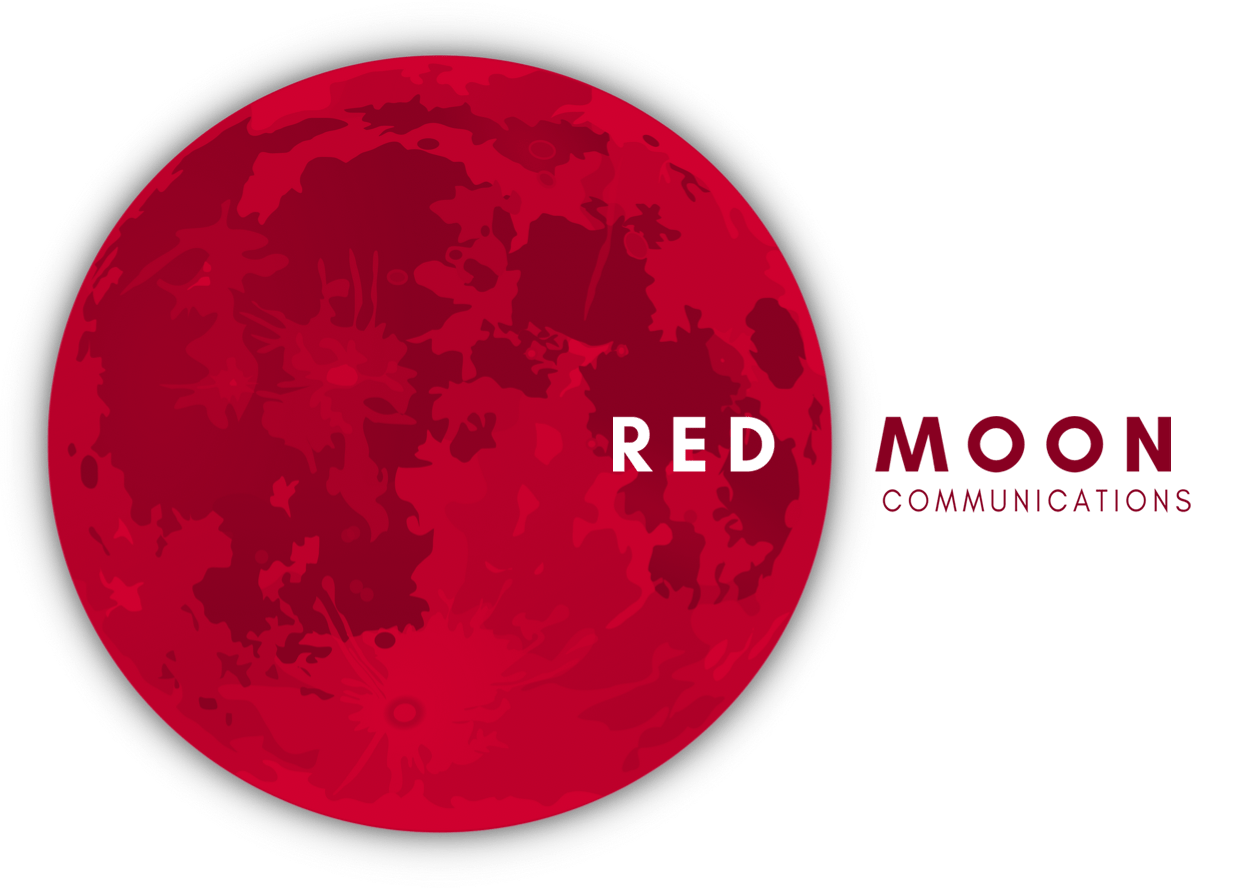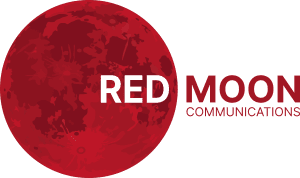In today’s extremely competitive market, branding has emerged as the determining factor in a company’s success or failure. Consider branding to be the visage of your service or product; it’s the first thing that consumers see and plays a crucial role in forming their first impression. A well-crafted brand is capable of evoking emotions, fostering connections, and instilling a desire in consumers to choose you over competitors.
In this blog, we will examine the essence of branding, its essential components, the significance of brand loyalty, and the importance of grasping the target audience.
What is Branding?
Branding is the discipline of establishing a distinct identity for a corporation. It consists of numerous elements that work in concert to convey the personality and values of your business. These elements include a logo that functions as a visual symbol, a typeface and color scheme that elicit the appropriate emotions, and a voice that resonates with your target audience. When all of these elements align, they create a potent and memorable brand that distinguishes your company in a crowded market.
How to Know: What Type of Branding Will Suit The Targeted Audience?
Understanding your intended market is the essential first step in developing a successful brand. Various demographic groups respond differently to visual and emotional stimuli. For example, if your target audience is children, a branding strategy that incorporates gentle, round elements and vibrant colors will be more effective in establishing an approachable and friendly image. This strategy is exemplified by the brands Toys R Us, Crayola, and Disney, which predominantly cater to youthful audiences.

Customer VS Consumer: Know the Difference
While the terms “customer” and “consumer” are often used interchangeably, they represent distinct roles in the business-consumer relationship. A consumer is anyone who uses your product or service, while a customer refers to those who actually make a purchase. Sometimes, businesses may have more than one target audience. For instance, a brand targeting children may have kids as the consumers, but the actual customers are the parents. This differentiation is crucial in tailoring marketing efforts and messages effectively.
Brand Loyalty
A powerful brand goes beyond attracting new customers; it nurtures long-lasting relationships and fosters brand loyalty. Brand loyalty is the key to sustainable success, as it keeps customers coming back even in the face of challenges. When a brand stands out and creates strong brand recognition, it cultivates an emotional bond with its customers, leading them to choose it over competitors repeatedly. Even if issues arise, loyal customers are more forgiving and willing to give the brand another chance.


Elevating Your Business: The Transformative Journey
Branding is a multifaceted marketing element that functions as your company’s vitality. Developing a distinct identity that communicates with your target audience requires more than designing a logo and selecting the appropriate fonts. Your brand functions as a beacon, delineating the standards of your business and determining how the world perceives it. Investing time and effort in the creation of a captivating brand yields enormous returns.
Disclaimer: Any opinions expressed in this blog do not necessarily reflect the opinions of Gibbous. This content is meant for informational purposes only









